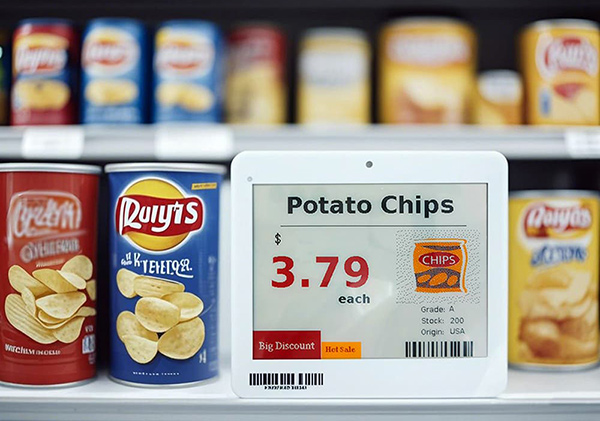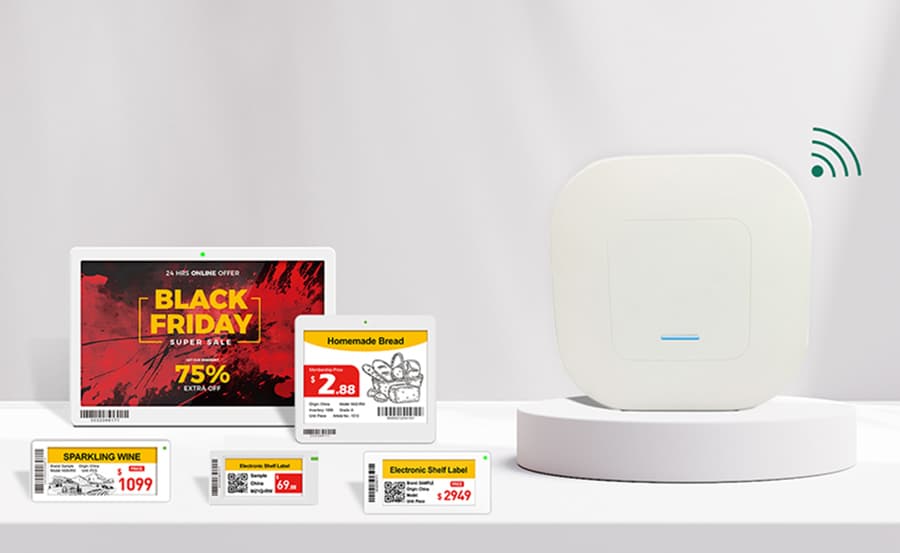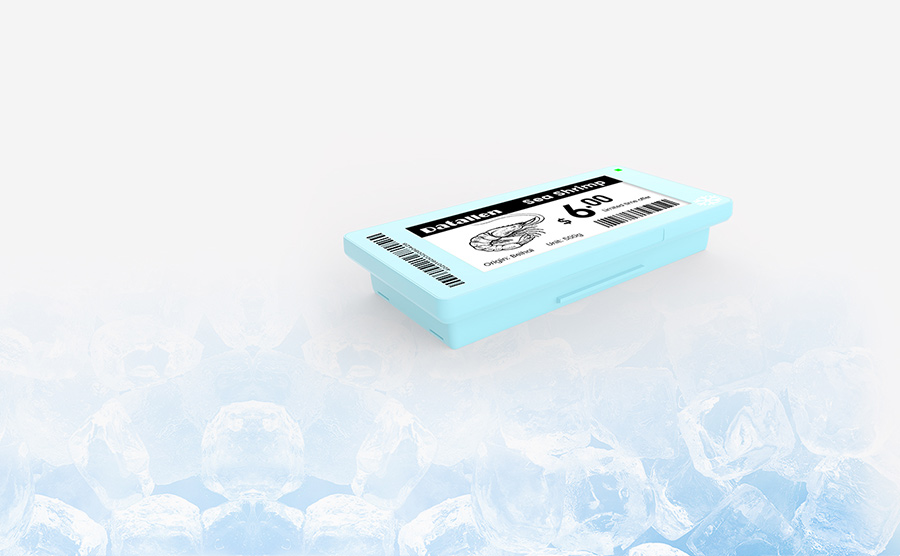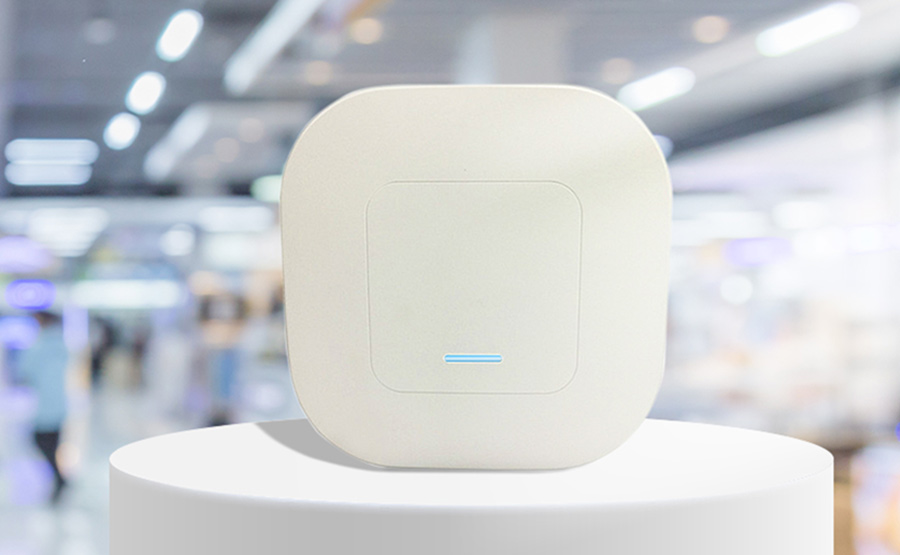Why Are Displays and Strategies Important for Gift Shops
In a world overflowing with choices, your gift store’s success hinges on crafting experiences that resonate. According to recent industry insights, 76% of shoppers make impulse purchases influenced by in-store displays. Whether nestled in a bustling tourist hub or a charming local street, strategic layouts and personalized offerings can turn casual browsers into loyal customers. Let’s dive into actionable strategies to transform your space into a destination.
1. What are the five key customer segments for a gift store?
Every shopper walks through your door with unique needs. Tailor your approach to these groups:
- Tourists (25% of revenue): Crave compact, Instagram-worthy souvenirs like mini cityscapes or artisanal snacks.
- Local Shoppers (40%): Seek practical, seasonal items—think reusable tote bags or holiday-themed candles.
- Corporate Buyers: Value bulk discounts and custom branding for employee gifts or client swag.
- Gift Hunters: Prioritize uniqueness and exclusivity, often driven by holidays or special occasions.
- Collectors: Invest in limited-edition pieces, numbered art prints, or rare finds.
Pro Tip: Use POS data to identify top spenders and their preferences. For example, collectors might frequent your store during seasonal drops, while locals return for monthly workshops.
2. How do I optimize my gift shop’s location and layout for more foot traffic
Your store’s location and design are non-negotiable.
- Prime Spots: Tourist hotspots, transit hubs, or cultural districts attract high foot traffic but demand premium rents. Balance costs by pairing them with online sales.
- Store Flow: Guide customers from entrance → featured displays → checkout using eye-catching focal points. Place high-margin items (e.g., luxury candles) near the front, and impulse buys (e.g., keychains) by the register.
- Zoning: Create themed sections—“Local Treasures,” “Gifts Under $20,” or “Seasonal Delights”—to simplify navigation.

3. How can I curate merchandise to appeal to every type of shopper?
Stock with intention:
- Tourists: Prioritize lightweight, packable items like magnets, postcards, or small textiles.
- Locals: Partner with regional artists for exclusive collaborations (e.g., limited-edition pottery).
- Corporate Clients: Offer customizable gift boxes with your logo or local flavors.
- Gift Hunters: Rotate seasonal collections (e.g., Valentine’s Day kits, summer picnic sets).
- Collectors: Highlight rare items with storytelling tags (e.g., “This hand-carved figurine was created by a third-generation artisan in Mexico”).
Example: A store near New York’s Chinatown might sell red envelopes and lanterns during Lunar New Year, while a coastal shop could feature nautical-themed jewelry year-round.
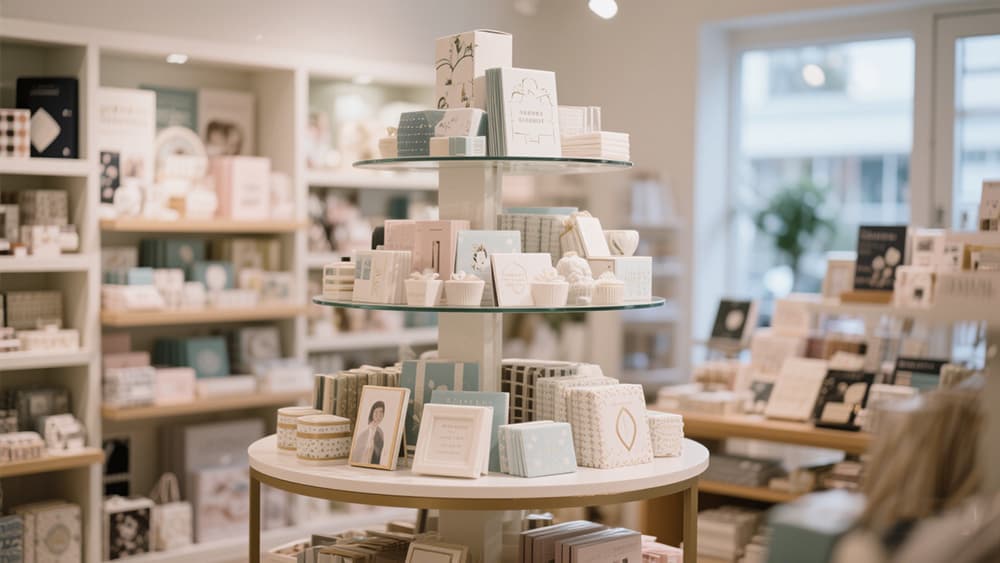
4. Visual Merchandising: The Power of Storytelling
Transform your store into a narrative-driven space:
- Dynamic Displays: Use color psychology—warm tones (red, orange) for holidays, cool blues for relaxation.
- Interactive Zones: Set up a DIY craft station or photo booth where customers can personalize gifts.
- Lighting: Highlight featured products with spotlights; dimmer switches create ambiance for evening shoppers.
- Cross-Selling: Pair complementary items (e.g., a journal with a pen, a candle with matches).

5. Digital Screens for Efficiency & Engagement in A Gift Shop
Leverage digital solutions to stay ahead:
- Digital Signage: Run interactive polls (e.g., “Which holiday gift would you choose?”) or showcase product backstories.

- Digital Price Tags: Update prices instantly, reduce errors, and promote flash sales (e.g., “Today Only: 20% Off!”).

- Member Apps: Offer loyalty rewards (e.g., 10% off after five purchases) and send personalized recommendations.
ROI Insight: Stores using ESL technology report a 30% reduction in labor costs and a 15% increase in customer satisfaction.
6. Staff Training: The Human Touch
Your team is your brand ambassador.
- Product Knowledge: Train staff to share stories behind each item (e.g., “This scarf was hand-woven by artisans in Peru”).
- Active Listening: Teach employees to ask open-ended questions (e.g., “What’s the occasion?”) to tailor recommendations.
- Role-Playing: Simulate scenarios like handling returns or upselling to build confidence.
Example: A boutique in Chengdu trains staff to share the story of each handicraft maker, fostering emotional connections with customers.
7. Metrics & Adaptation: Track, Test, Thrive
Monitor these key indicators:
- Sales per Square Foot: Identify underperforming zones and refresh displays.
- Customer Retention Rate: Use surveys to gauge satisfaction and address pain points.
- A/B Testing: Experiment with layouts (e.g., wall displays vs. tables) to see what drives sales.
Conclusion: Your Journey to Retail Excellence
Creating a thriving gift store is about blending artistry with strategy. By understanding your audience, curating meaningful products, and embracing innovation, you’ll build a space that sells gifts and creates memories.
Ready to take the next step? Connect with Datallen today for tailored solutions that elevate your store’s potential.
Email: inquiry@datallen.com
Tel: +86-20-32053765
For more insights, check out:
POP Materials vs. Smart POS Systems: Transforming Retail Marketing
2025 Innovative Retail Shop Display Ideas: Crafting Memorable Retail Experiences
Unlocking Success in Clothing Retail: A Modern Guide with Digital Price Displays


